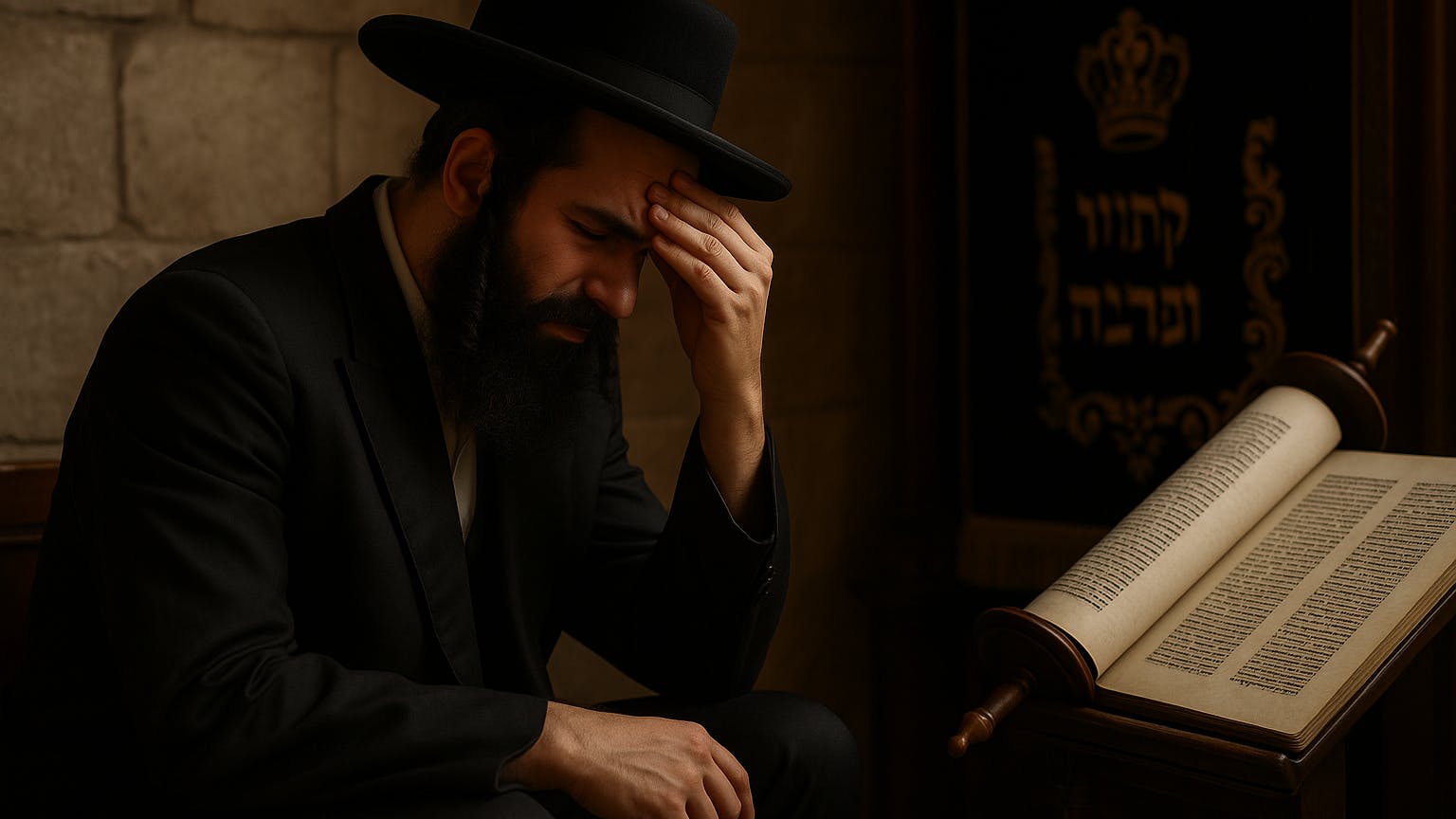All men are created with perishable bodies and eternal souls. Once the body dies, what then of the soul? Many would like to believe that their souls die along with their body; and this belief is popular especially among hedonists and atheists who live solely for the present world.
Within Judaism, those who follow Maimonides on this matter would hold that, while the souls of the righteous go to heaven to behold God, the souls of the wicked are destroyed and cease to be – a doctrine known as annihilationism. Maimonides claims in his introduction to Perek Helek: “Utterly evil punishment consists in the cutting off of the soul so that it perishes and does not live eternally. This is the penalty of karet to which the Torah refers [...] If a person has deliberately and regularly chosen physical delights, has despised the truth and loved falsehood, he will be cut off from that high level of being and remain disconnected matter.”
Yet nowhere in Scripture do we see the idea of us being “disconnected matter.” As we covered in our article on the immortality of the soul, we have been created for eternal life: there being a part of us (namely: the spiritual part, the soul), which can never die (see Ecclesiastes 3:21, 12:7, 8:8).
Hell is a clear teaching of the Tanakh and one with which the Hebrew prophets were very familiar. Solomon warns fathers: Proverbs 23:14
Proverbs 23:14
“Thou shalt beat him with the rod, and shalt deliver his soul from hell.”
As for the duration of hell, Daniel states: Daniel 12:2
Daniel 12:2
“And many of them that sleep in the dust of the earth shall awake, some to everlasting life, and some to shame and everlasting contempt.”
This everlasting shame and contempt is the punishment for the wicked soul.
Christ Jesus, the Messiah and King of the Jews who spoke a great deal about hell, takes up this teaching. He states: Matthew 10:28
Matthew 10:28
“And fear not them which kill the body, but are not able to kill the soul: but rather fear him which is able to destroy both soul and body in hell.”
Jesus Christ described hell as the place: “where their worm dieth not, and the fire is not quenched” in Mark 9:44, 46, 48. The worm in this place refers to the guilty conscience of the damned sinner, which gnaws at him like a worm for eternity, declaring as a judge within himself that he is guilty and deserving of the eternal torment that he is suffering, even though that sinner will hate God for eternity also.
If anyone complains that the sentence of hellfire is unjust, consider the following:
- Sin is committed against the eternal God, thus it deserves eternal punishment.
- Sin is committed against the holy, righteous, and pure God (Isaiah 6:3, Psalm 7:9, Habakkuk 1:13), and wickedness committed against such a holy, righteous, and pure being must be punished forever.
- The unrepentant sinner sins every day against God, provoking his anger (Psalm 7:11), thus proving he deserves eternal punishment.
- The unrepentant sinner would sin in his own ways forever if he could, thus his punishment must be forever.
- The sinner cast down into hell perpetually sins by hating God for punishing him, and as he perpetually sins, he must perpetually be punished.
It is not only pagan Gentiles who deserve hell, but Jews also. King David declared Psalm 143:2:
Psalm 143:2
“And enter not into judgment with thy servant: for in thy sight shall no man living be justified.”
You know you are a sinner because you have broken all the ten commandments of the Torah, which are listed in Exodus 20. You have rejected God and cast away his Son Jesus, the Messiah; you have neither worshiped God truly, nor honored his name, nor sanctified his sabbath: the Lord’s Day, in Christ; you have not honored authority, nor avoided expressions of murder, adultery, theft, dishonesty, and covetousness – either in your heart, or in your outward acts, or both.
Thus without Christ, you stand condemned. Many Jewish people nowadays will take shelter in the fact that they are from the stock and heritage of David, yet they do not have the tender heart of David who loved God’s Messiah Jesus Christ, prophesying of him in Psalm 16, 22, 110, and other places, and believing in him. Scripture declares: Romans 3:23
Habakkuk 2:4
Thus the only people who go to heaven are those declared righteous, with their sins forgiven, who live by faith
In order to avoid hell, you must have your sins forgiven, as David declares Psalm 32:1-2:
Psalm 32:1-2
“Blessed is he whose transgression is forgiven, whose sin is covered. Blessed is the man unto whom the Lord imputeth not iniquity, and in whose spirit there is no guile.”
This is only possible in Jesus Christ, as we learn from the Jewish prophet Isaiah Isaiah 53:5-6:
Isaiah 53:5-6
“But he was wounded for our transgressions, he was bruised for our iniquities: the chastisement of our peace was upon him; and with his stripes we are healed. All we like sheep have gone astray; we have turned every one to his own way; and the Lord hath laid on him the iniquity of us all.”
Praise God for his mercy in Jesus Christ to sinners! Yet there can be no delay to your repentance; you must do so today. Psalm 95:7-8
Psalm 95:7-8
“ To day if ye will hear his voice, Harden not your heart, as in the provocation, and as in the day of temptation in the wilderness.”
Today may be the last time you consider the gospel before God hardens your heart, which he often does to those who reject his salvation when it is set forth before them. Do not wait until tomorrow; repent of your sins today, and put your faith in Jesus Christ, the Jewish Messiah, and thus you may know God truly, and be with him forever in heaven forever, rather than punished by him in hell eternally.
More Topics
You might alsoo be interested in these topics.




